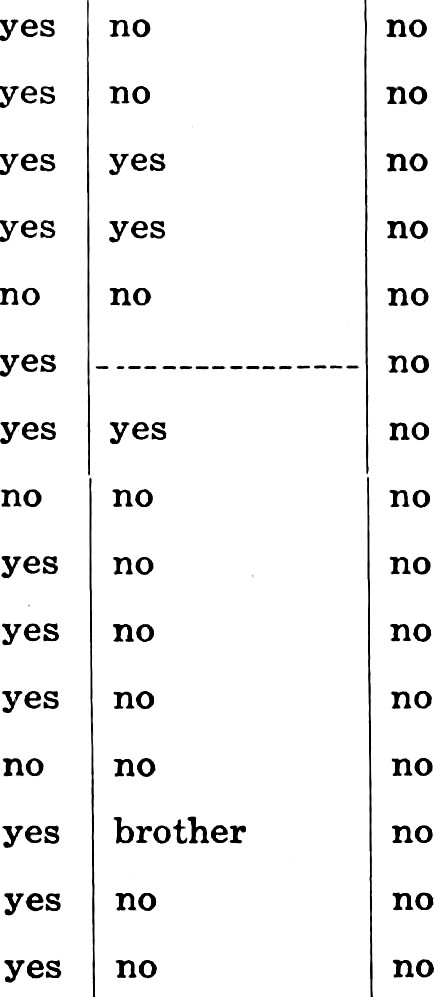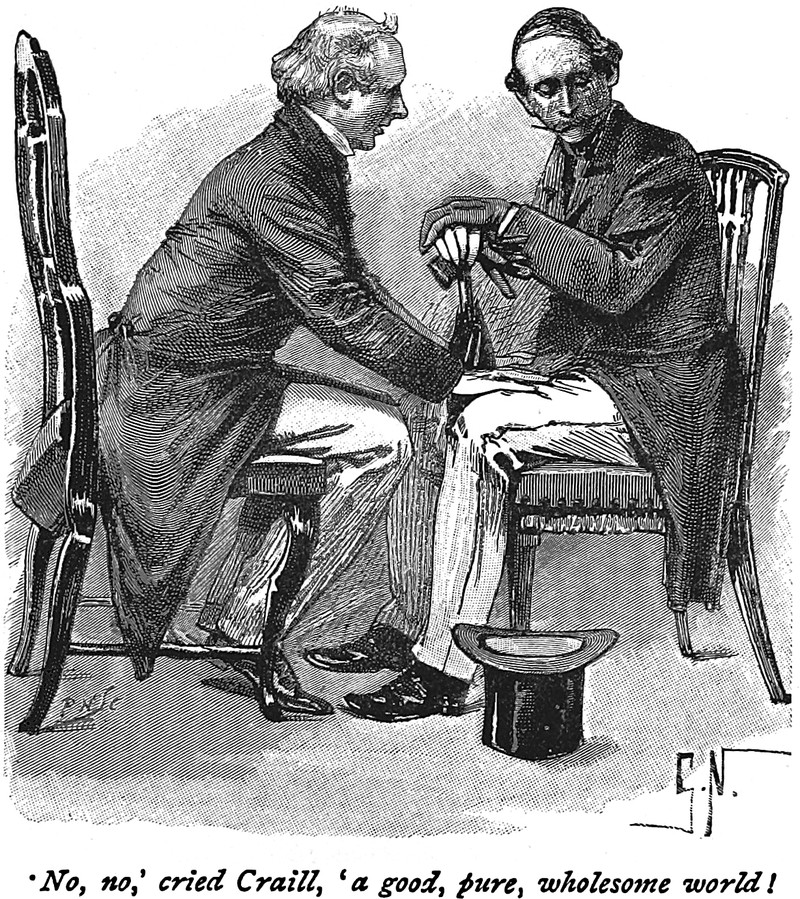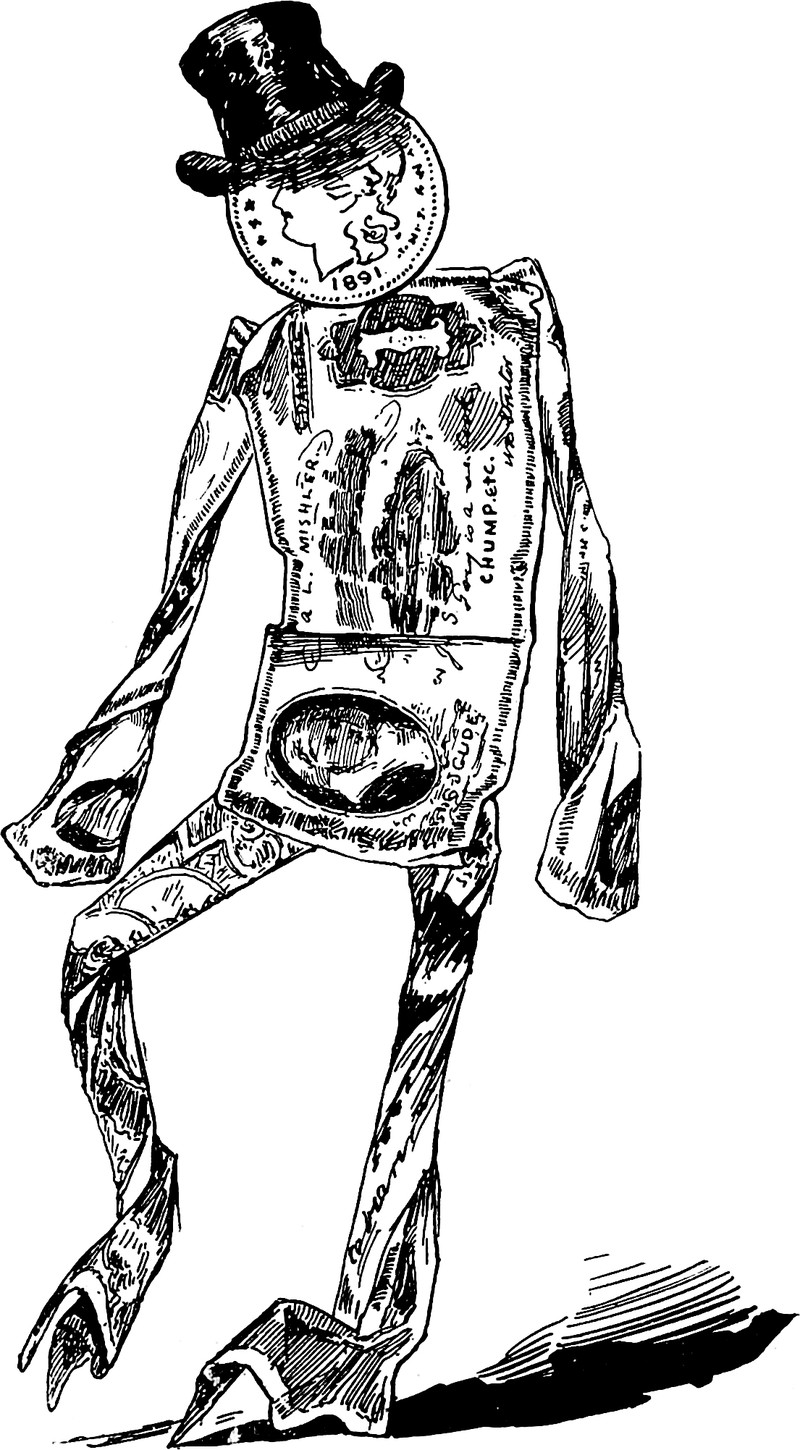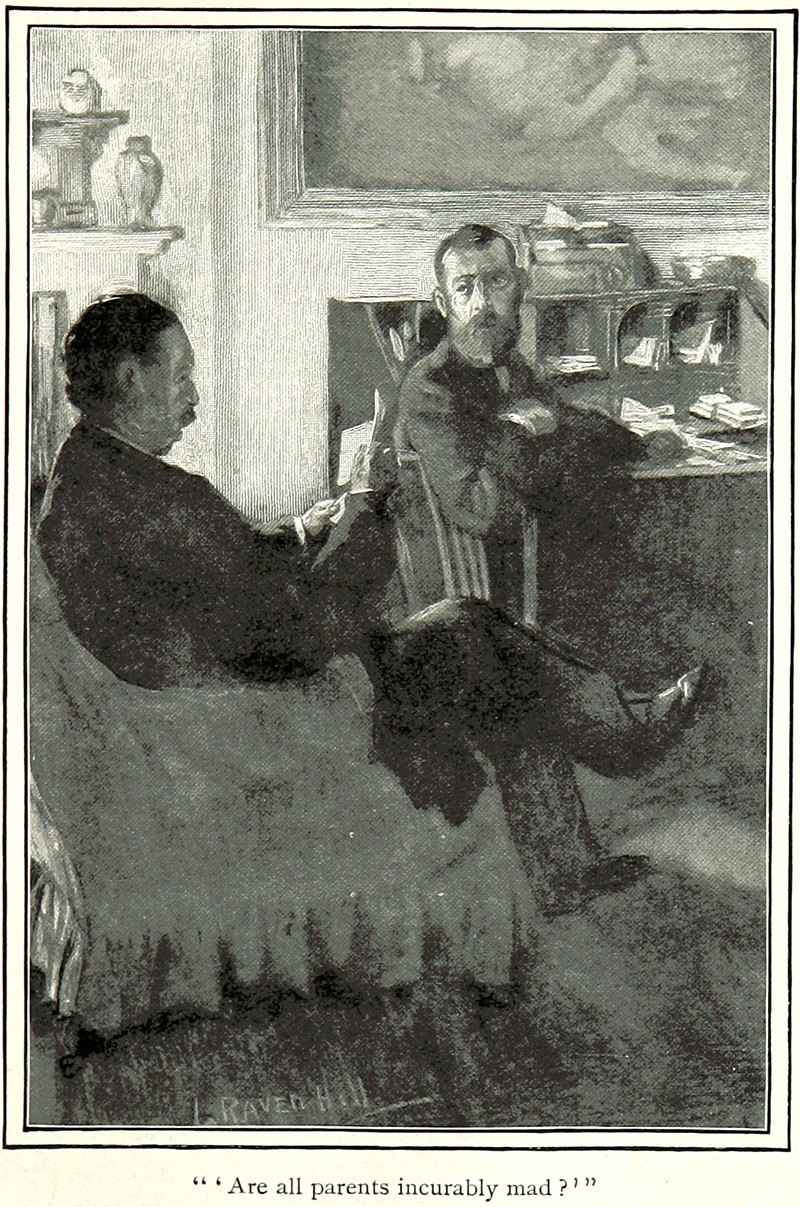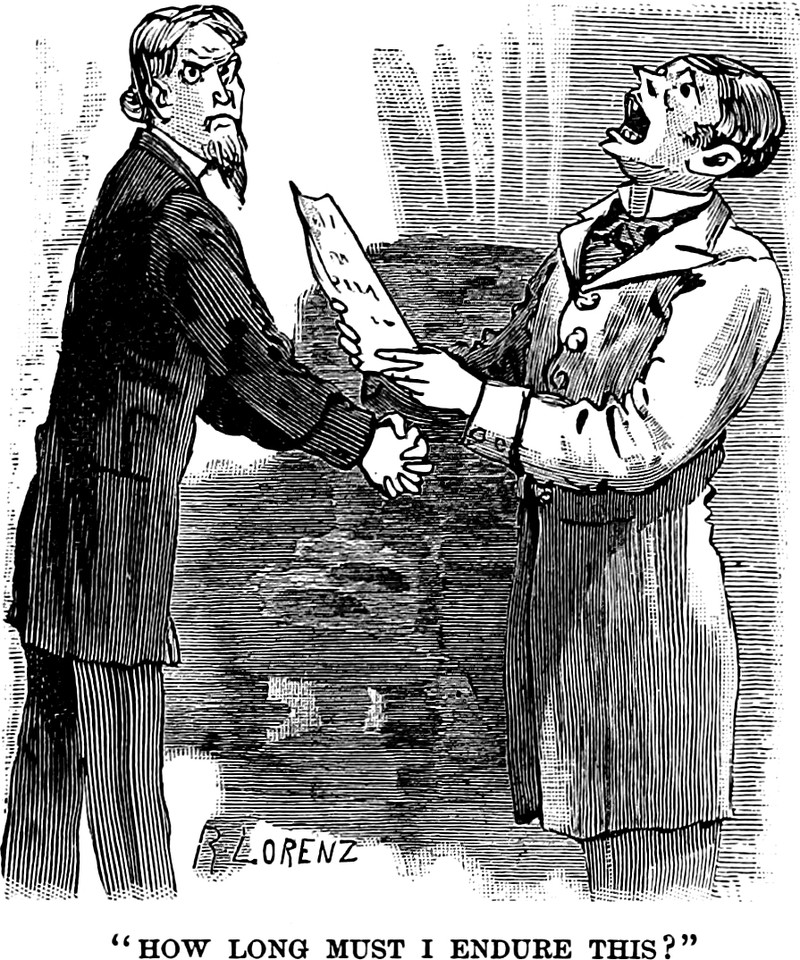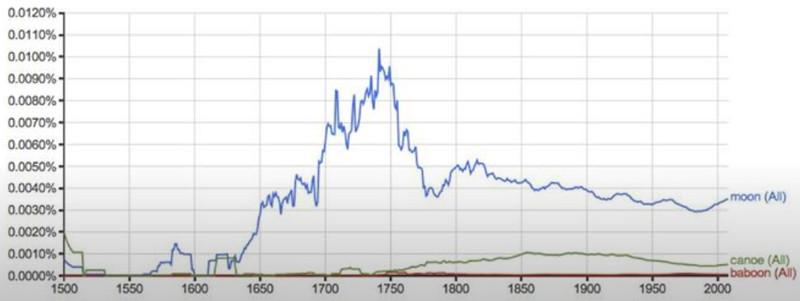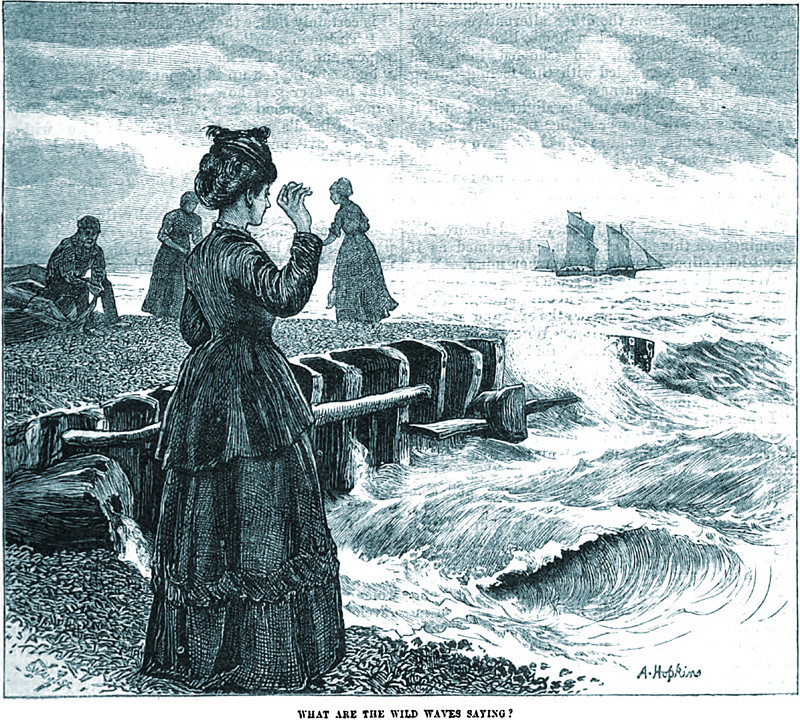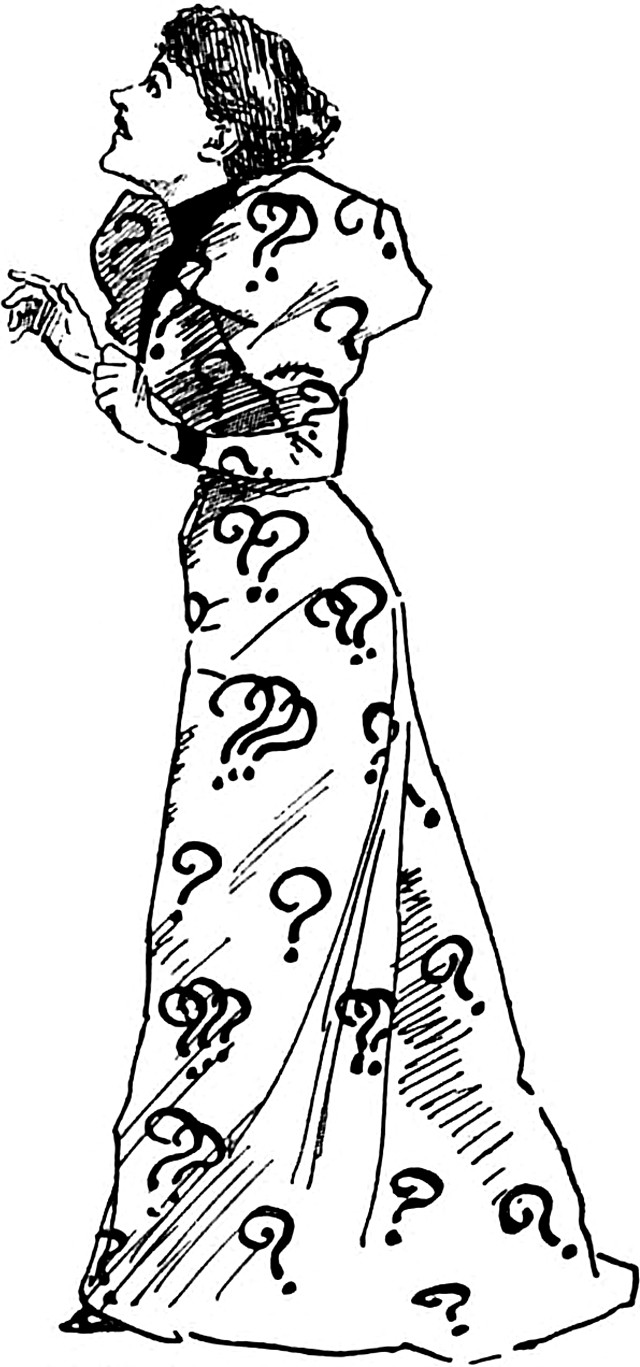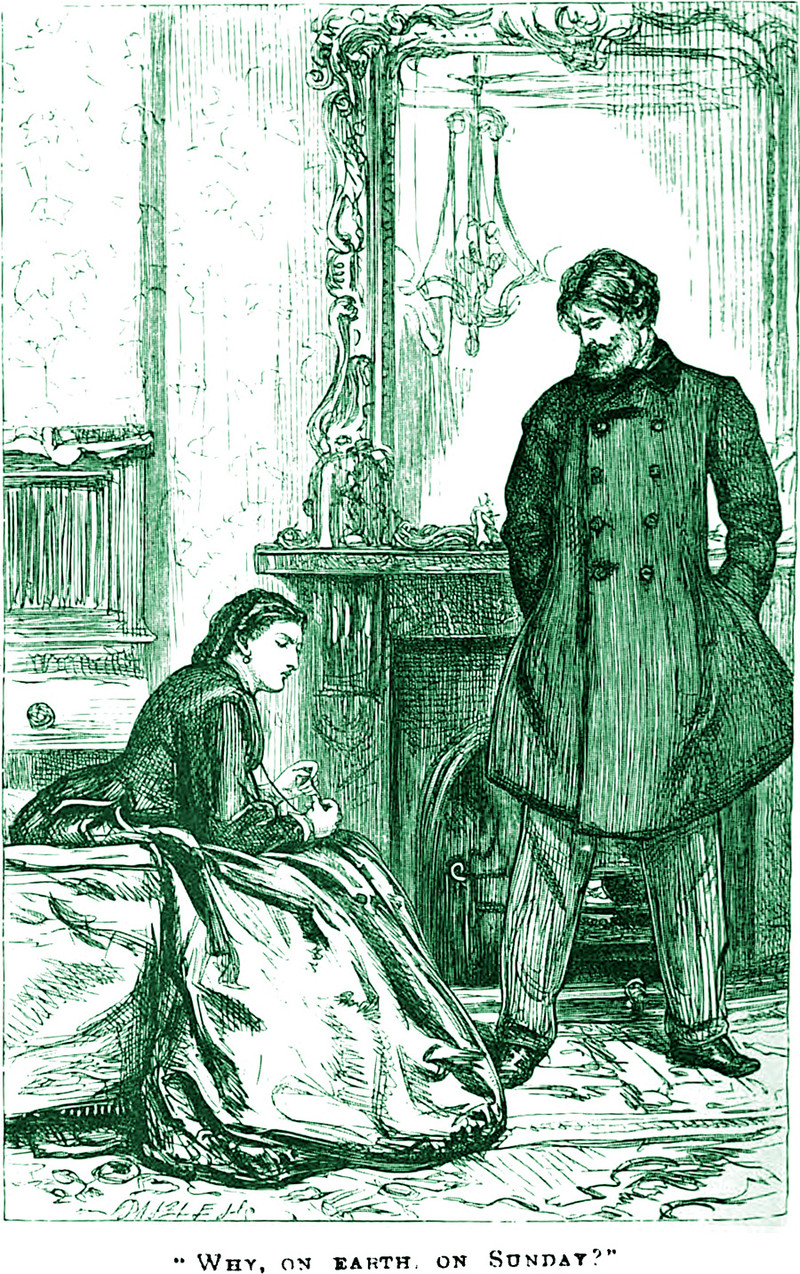Rhetorical Questions, Answered!
|
|
|
 |
 |
 |
Q: Why, in the apparition at Fátima in 1917, did the Virgin Mary predict a war with Russia, when such information implanted that idea on a mass scale, with tremendous authority behind it, and went on to foster a World War? Why didn't she predict world peace for thousands of years into the future? —Jim
A: The philosophy of Humanitism, outlined in Machado de Assis' novel Epitaph of a Small Winner, suggests that every man is Humanity in miniature, so no man can fundamentally be opposed to another, however much appearances may suggest the contrary. "Envy is nothing but a fighting admiration, and, as fighting or struggle is the great function of the human race, all bellicose feelings tend toward its welfare. ... [W]ar, which to many persons seems to be a calamity, is really a desirable activity—a snap of Humanity's fingers, so to speak. ... The main thing is to fight. Life is a struggle. A life without fighting is a dead sea in the universal organism."
|



 |
|
|
 |
 |
 |
Q: The world is sh*t, isn't it? A: "No, no ... a good, pure, wholesome world!" — Paul Jones's Alias by David Christie Murray, 1890
(Note how, in the caption, the opening quotation mark is a bullet. Perhaps one should shoot daggers with one's eyes and bullets with one's words. A: Yes.) |


 |
|
|
 |
 |
 |
Q: Do I look like I'm made of money? A: You bet your bottom dollar!
Our illustration appears in American Newspaper Directory, 1891. |

 |
|
|
 |
 |
 |
Q: If the card game Pokemon has its own theme tune, why not Go Fish? A: Why not, indeed! And here's our solution, with mp3 and libretto:
|



 |
|
|
 |
 |
 |
Q: "How long must I endure this?" ( Nasby in Exile by David Ross Locke, 1882) A: "We must endure until we can no longer bear it, — until we faint and die." (Edward Dorr Griffin, Various Practical Subjects, 1844) |

 |
|
|
 |
 |
 |
Q: What if we know all landscapes that we come across in life? Can anything new happen? ( The Hourglass Sanatorium [1973, Poland.])
|

 |
|
|
 |
 |
 |
Q: What happened to the moon in 1740? (asks Gary Barwin, author of the celebrated Moon Baboon Canoe)
A: In 1740 a pamphlet was published that seriously argued that swallows migrated annually to the moon (T. A. Coward, The Migration of Birds, 1912, p. 117). Your chart depicts the stir of a multitudinous (if not loon-y) flock of flyers. |


 |
|
|
 |
 |
 |
Q: "Is there a problem if more words are generated? Is there such a thing as a surfeit? Is existence reductive? Should humans have settled on the 'right words' by now for everything?" —William Keckler
A: "There can never be too many words out there, so it follows that there can't be too many wordswordswords, either." — Verla
|

 |
|
|
 |
 |
 |
Q: Is it morally wrong to have two separate photo albums for "Relatives Who Have Not Yet Peaked" and "Relatives Who Have Already Peaked?" (asks William Keckler)
A: "The intelligent, free, permanent, predominant action of the will and the heart, in which the agent electively prefers some object or end inferior to the highest wellbeing of all as his supreme object or end, and which is thus fitted to prevent this end and to promote its opposite, the highest misery of all, is morally wrong action, and the only morally wrong action." —Nathaniel Taylor, Lectures on the Moral Government of God
|





 |
|
|
 |
 |
 |
Q: The average man's IQ is 107. The average brown trout's IQ is 4. So why can't a man catch a brown trout? A: Lower-tech animals can be much quicker. ( Steven Pinker, How the Mind Works, 2009)
|

Page 6 of 10

> Older Entries...

Original Content Copyright © 2025 by Craig Conley. All rights reserved.
|



